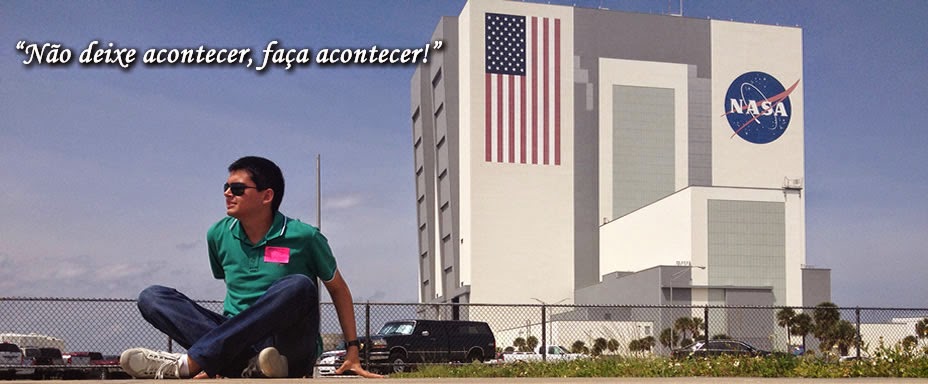FIFA World Cup 2014's first kick.
The first kick of the 2014 FIFA
World Cup may be delivered in Sao Paulo
next June by a Brazilian who is paralyzed from the waist down. If all goes
according to plan, the teenager will walk onto the field, cock back a foot and
swing at the soccer ball, using a mechanical exoskeleton controlled by the
teen’s brain.
“We want to galvanize people’s imaginations,”
says Miguel Nicolelis,
the Brazilian neuroscientist at Duke University who is leading the Walk Again Project's efforts to create the robotic
suit. “With enough political will and investment, we could make wheelchairs
obsolete.”
Initiatives and projects
like this one are what make a country's true growth, once this country invests
on new tecnology development and, among all, education. The proposal is very
bold, but I believe that this step for medicine will help many people in need.
Congratulations to Professor Miguel Nicolelis for his brilliant initiative, and
also to his team of over 100 scientists from all around the world who are
striving to accomplish this goal! We are on our way to a new mark to humanity.
From: The Washington Post
------------------------------------------------------------------------------------------------------------
Primeiro chute da Copa do Mundo FIFA 2014.
Tradução:
O
primeiro chute da Copa do Mundo de 2014 pode ser realizado no próximo mês de
junho em São Paulo por um brasileiro que está paralisado da cintura para baixo.
Se tudo correr conforme o planejado, o adolescente vai andar para o campo,
colocar um pé para trás e balançar para chutar bola de futebol, usando um
exoesqueleto mecânico controlado pelo cérebro do adolescente.
"Queremos
estimular a imaginação das pessoas", diz Miguel Nicolelis, o
neurocientista brasileiro da Universidade de Duke, nos EUA, que está liderando
os esforços do Projeto Andar de Novo (Walk Again) para criar o traje robótico.
"Com vontade política suficiente e investimento, poderíamos fazer cadeiras
de rodas obsoletas."
São iniciativas e projetos como este que fazem o verdadeiro crescimento
do país, uma vez que o mesmo invista em desenvolvimento de novas tecnologias e,
principalmente, em educação. A proposta é muito ousada, mas acredito que este
passo para a medicina vai ajudar muitas pessoas necessitadas. Parabéns ao
Professor Dr. Miguel Nicolelis pela sua iniciativa brilhante, e também à sua
equipe de mais de 100 cientistas de todo o mundo que estão se esforçando para
alcançar esse objetivo! Estamos a caminho de mais um grande marco para a
humanidade.
Fonte: The Washington Post


Nenhum comentário:
Postar um comentário